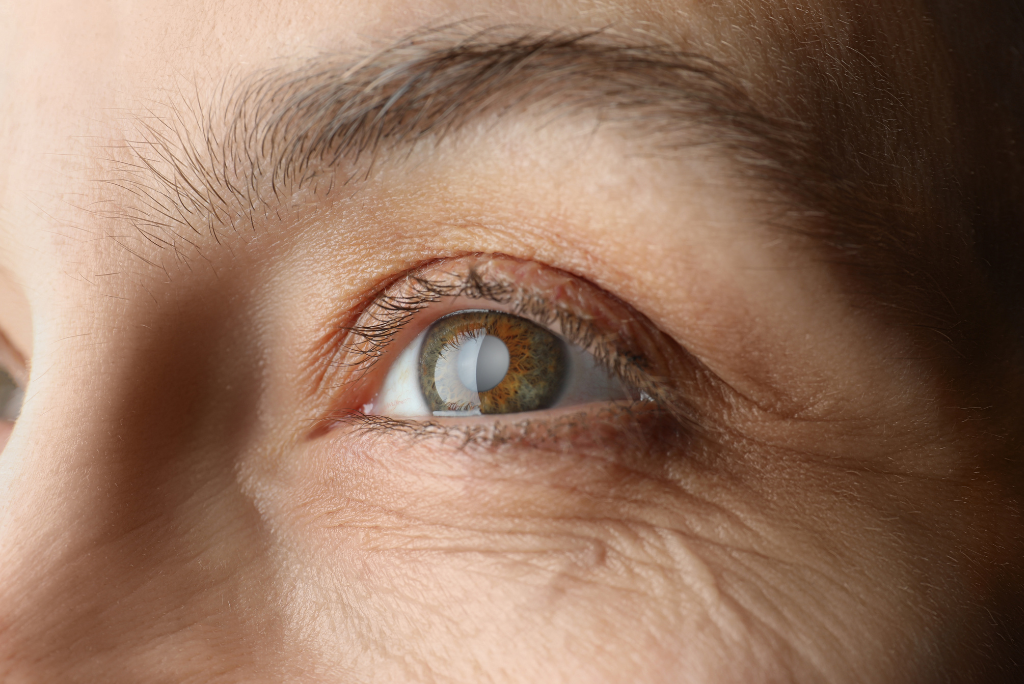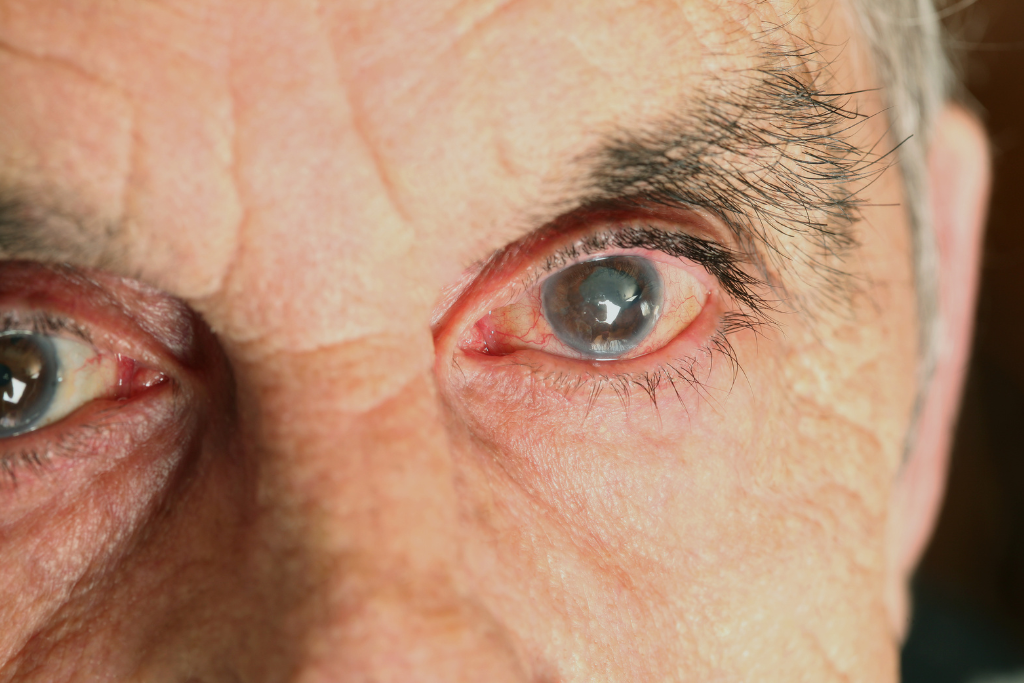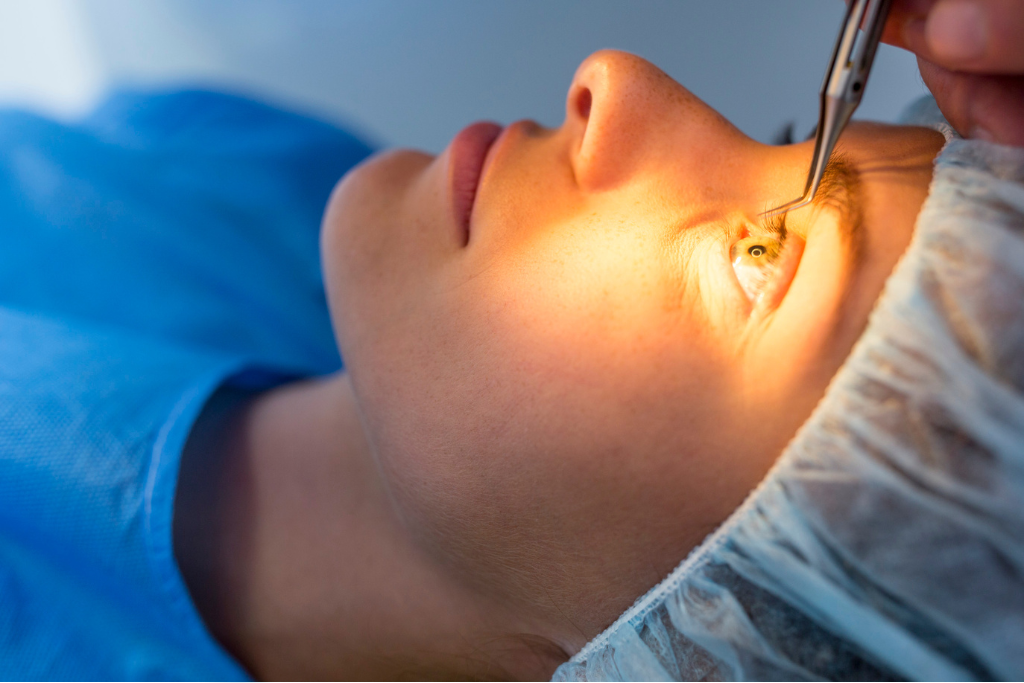- Myopia blurs distant objects due to refractive error.
- Light focuses in front of the retina instead of on it in myopia.
- Myopia can be treated with glasses, contacts, or refractive surgery.
Myopia, also known as nearsightedness or shortsightedness, is a common refractive error that affects many people around the world.
What is Myopia?
Myopia is a condition, it is not a disease!! In this condition the eye is unable to focus properly, causing distant objects to appear blurry but the near objects appear clear. This occurs when the shape of the eye is elongated, causing light to focus in front of the retina instead of directly on it. Myopia can affect people of all ages, but it typically begins in childhood and may progress throughout adolescence.

Is Myopia a threat in current scenario?
Myopia has become a global public health problem. Currently 2.6 billion people are living with myopia which is estimated to increase to 4.7 billion by 2050. The World Health Organization (WHO) has projected that by 2050, 52% of global population will be affected by Myopia.
Symptoms of Myopia:
The most common symptom of myopia is difficulty seeing distant objects clearly. Other symptoms may include:
1. Squinting or straining to see distant objects
2. Headaches or eye strain
3. Difficulty seeing at night
4. Needing to sit closer to the television or computer screen.
5.Squeezing eyes or blinking it frequently

Diagnosis:
Myopia can be diagnosed through a comprehensive eye exam by an ophthalmologist or optometrist. The ophthalmologist will test visual acuity and use a variety of instruments to examine the shape of the eye and the ability to focus.
Treatment:
It only includes correction of refractive error in one of the following ways:
1. Spectacle correction
2. Contact Lens
3. Refractive surgeries like LASIK or LASEK

Myopia Control:
There are several options available for myopia control, which aim to slow down the progression of myopia and reduce the risk of complications such as retinal detachment and glaucoma.
These include:
1. Lifestyle modifications : Limiting screen time and spending more time outdoors have also been shown to reduce the progression of myopia.
2. Myopia controlling eye drops : These eye drops temporarily paralyze the eye’s focusing mechanism, slowing down the progression of myopia.
3. Multifocal contact lenses or glasses: These lenses or glasses have different prescriptions in different areas of the lens, which can help slow down the progression of myopia.
4. Orthokeratology: This involves wearing special contact lenses overnight to reshape the cornea and improve vision during the day.
Prevention:
While myopia cannot always be prevented, there are steps that can be taken to reduce the risk of developing myopia. These include:
1. Regular eye exams: Regular eye exams can detect myopia and other eye problems early on, allowing for early intervention.
2. Limiting screen time: Spending too much time on electronic devices has been linked to an increased risk of myopia.
3. Spending time outdoors: Spending more time outdoors, especially during childhood, has been shown to reduce the risk of myopia.


In conclusion, myopia is a common condition that can have a significant impact on a person’s quality of life. While there is no cure for myopia, there are several options available for myopia control that can help slow down the progression of the condition and reduce the risk of complications. If you or your child are experiencing symptoms of myopia, it is important to consult with an eye doctor as soon as possible to discuss treatment options and prevention strategies.
Recent Post
How to Choose the Best Hospital for Cataract Surgery in Thane
Introduction Factors When Choosing the Best Hospital for Cataract Surgery in Thane Conclusion: One of the most popular and effective methods…
Best Glaucoma Treatment in Thane: Expert Care and Latest Innovations
What is Glaucoma? Diagnosis of Glaucoma in Thane Best Glaucoma Treatments in Thane Tips for Managing Glaucoma Conclusion: A class of…
10 Vital Tips for a Fast Recovery After LASIK Eye Surgery
10 Tips for a Fast Recovery After Best LASIK Eye Surgery Conclusion: Many people find that their eyesight significantly improves after…



